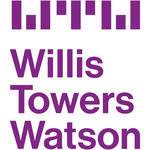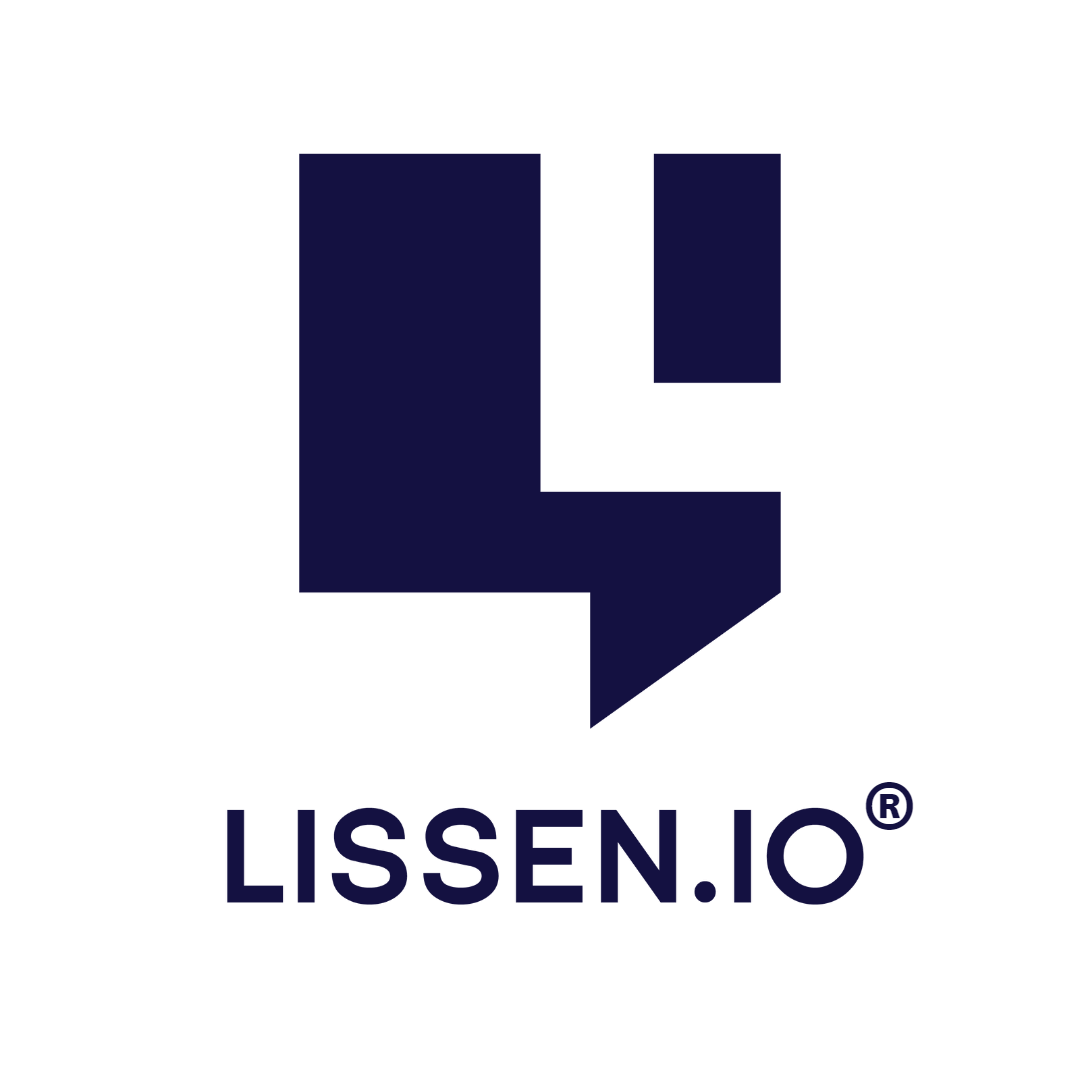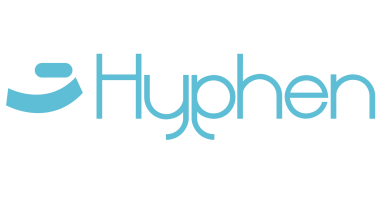Description

OneUp Sales

Humantelligence
Comprehensive Overview: OneUp Sales vs Humantelligence
OneUp Sales
a) Primary Functions and Target Markets:
Primary Functions: OneUp Sales is a sales performance management and gamification platform. It focuses on enhancing the productivity and motivation of sales teams through various means:
- Performance Tracking: It provides tools for tracking sales metrics, setting targets, and visualizing performance through dashboards.
- Gamification: The platform incorporates gamification elements to motivate sales teams, creating competitions, leaderboards, and awarding achievements.
- Integration: OneUp Sales integrates with various CRM systems and communication tools to streamline data flow and create a unified experience.
Target Markets: The primary market for OneUp Sales includes businesses with sales teams, particularly those within industries like technology, telecommunications, and finance that require dynamic sales environments. It's suitable for small to medium-sized enterprises (SMEs) and larger corporations looking to improve sales team performance and engagement.
b) Market Share and User Base:
OneUp Sales operates in the niche market of sales performance management and gamification. While it may not have the same market share as giant CRM platforms like Salesforce or HubSpot, it serves a specialized purpose that has garnered a dedicated user base. Its impact is more profound in organizations seeking to leverage gamification as a motivational tool for their sales representatives. Precise figures on market share and user base are not typically disclosed, but they focus on growing within industries valuing sales team performance optimization.
c) Key Differentiating Factors:
- Focus on Gamification: OneUp Sales stands out for its comprehensive gamification features tailored to sales environments, which is a significant draw for companies focused on improving sales motivation and engagement.
- Ease of Use and Integration: The platform is designed to integrate seamlessly with existing CRM systems and is noted for its user-friendly interface, reducing the learning curve for sales teams.
Humantelligence
a) Primary Functions and Target Markets:
Primary Functions: Humantelligence is a culture analytics and recruiting platform that seeks to optimize team performance and cultural alignment within organizations. Its primary functions include:
- Cultural Analytics: It provides insights into team dynamics, cultural compatibility, and helps identify what drives performance in teams.
- Recruitment and Talent Management: Humantelligence aids in recruiting by offering tools to assess cultural fit and emotional intelligence, creating a more cohesive workforce.
- Engagement and Feedback: The platform facilitates employee engagement through surveys and feedback mechanisms to understand workforce sentiment.
Target Markets: Humantelligence targets a broad range of industries including corporate enterprises, educational institutions, and recruitment agencies. Its primary clientele consists of HR departments looking for data-driven methods to build, manage, and enhance team culture and engagement.
b) Market Share and User Base:
Humantelligence's market share is in the HR tech space, where it competes with other culture and engagement platforms like Culture Amp and Glint. Its user base tends to be organizations that prioritize cultural fit and employee engagement as critical factors for success. While it may not dominate the market, it is increasingly recognized among forward-thinking companies dedicated to culture-focused talent management.
c) Key Differentiating Factors:
- Cultural Fit and Analytics: Unlike many HR platforms that focus solely on skills and experience, Humantelligence emphasizes cultural analytics and alignment, offering a unique angle in the crowded HR tech space.
- AI-Driven Insights: The platform utilizes AI to provide actionable insights into team dynamics and cultural fit, allowing companies to make more informed hiring and management decisions.
Comparison
Market Focus:
- OneUp Sales is centered around sales team performance and motivation through gamification, while Humantelligence is oriented towards culture analytics and improving organizational culture.
Differentiating Features:
- The primary differentiator for OneUp Sales is its use of gamification specifically tailored to sales environments.
- Humantelligence differentiates itself with its focus on cultural fit and engagement, employing AI to provide insights into team compatibility.
Market Position:
- OneUp Sales mainly services sales-driven organizations looking to enhance performance through game-based strategies.
- Humantelligence targets a variety of industries, particularly those with a keen interest in fostering a culturally cohesive and engaged workforce.
These products appeal to different departments within organizations; sales versus human resources, and they offer specialized solutions to enhance team dynamics and performance in their respective fields.
Contact Info

Year founded :
Not Available
+44 330 808 3310
Not Available
United Kingdom
Not Available

Year founded :
Not Available
Not Available
Not Available
Not Available
Not Available
Feature Similarity Breakdown: OneUp Sales, Humantelligence
When comparing tools like OneUp Sales and Humantelligence, it's important to consider how these platforms operate within their intended functions. Both tools have distinct goals—OneUp Sales focuses on sales performance management and gamification, while Humantelligence is more oriented towards culture analytics and talent optimization. Here's a breakdown of their features:
a) Core Features in Common
-
Analytics and Reporting:
- Both platforms provide analytics tools that offer insights into different aspects of business processes—OneUp Sales in relation to sales performance and Humantelligence in terms of organizational culture and engagement.
-
Integration Capabilities:
- Both typically integrate with popular CRM systems and other enterprise tools to streamline data and workflows.
b) User Interface Comparison
-
OneUp Sales:
- Often has a dashboard-like interface providing quick access to sales data and leaderboards. It emphasizes gamification, so you might see gamified elements such as points, badges, and rankings prominently displayed.
-
Humantelligence:
- Focuses on visualizing cultural and behavioral data. Its interface is designed to facilitate understanding of team dynamics and individual contributions, often featuring rich, interactive charts and personal insights.
c) Unique Features
-
OneUp Sales:
- Gamification: A standout feature where sales activities are gamified to encourage engagement and productivity. This includes contests, challenges, and rewards.
- Leaderboards: Offers dynamic, real-time leaderboards to foster friendly competition among sales teams.
-
Humantelligence:
- Cultural Assessments: Provides cultural analytics tools to measure and align employee values with company goals.
- Psychometric Profiling: Utilizes psychometric data to give insights into team dynamics and personal contributions. This is highly tailored towards enhancing team alignment and understanding.
These unique features highlight the different areas of specialization for each platform—OneUp Sales in fostering a competitive sales environment and Humantelligence in optimizing workforce culture and collaboration.
Features

Not Available

Not Available
Best Fit Use Cases: OneUp Sales, Humantelligence
When evaluating OneUp Sales and Humantelligence, it's essential to consider how each caters to different business needs and scenarios. Let's break down the use cases for each:
OneUp Sales
a) Best Fit Use Cases for OneUp Sales:
-
Sales Teams and Organizations: OneUp Sales is primarily designed for enhancing the performance and productivity of sales teams. It provides real-time performance tracking, gamification, and analytics, helping sales managers and teams align their objectives and improve their outcomes.
-
Small to Mid-sized Businesses (SMBs): While larger enterprises can benefit, SMBs often find OneUp Sales particularly advantageous due to its scalability and user-friendly interface, which doesn't require extensive IT support.
-
Industries with Competitive Sales Environments: Sectors like automotive sales, retail, telecommunications, and real estate can greatly benefit from OneUp Sales' gamification features. These industries thrive on competition and benefit from incentives, which can drive motivation and sales performance.
d) Industry Verticals and Company Sizes:
-
Verticals: OneUp Sales is versatile but excels in any industry where sales performance directly impacts business success, such as financial services, insurance, or technology sales.
-
Company Size: Best suited for small to medium-sized companies, although divisions within larger corporations could also leverage its sales performance tools.
Humantelligence
b) Preferred Scenarios for Humantelligence:
-
Corporate Culture and Engagement: Humantelligence is best suited for organizations looking to develop and maintain a strong corporate culture. It helps in understanding team dynamics, individual motivators, and behaviors, which are crucial for creating an engaged workforce.
-
Talent Management and HR Departments: HR teams can use Humantelligence for hiring, onboarding, and team-building processes by matching candidates' and employees' behavioral profiles with company culture and team dynamics.
-
Diverse, Large Organizations: Companies with diverse global teams or those experiencing mergers and acquisitions can benefit significantly by ensuring smooth cultural integration and understanding through Humantelligence’s tools.
d) Industry Verticals and Company Sizes:
-
Verticals: It is broadly applicable across various industries, including technology, healthcare, education, and consulting, where team dynamics and cultural alignment significantly impact organizational success.
-
Company Size: Ideal for medium to large corporations, especially those with complex organizational structures where understanding and improving workplace culture can lead to better collaboration and performance.
In summary, OneUp Sales is best for businesses focused on enhancing sales performance and team motivation, especially in competitive industries. Humantelligence, on the other hand, is perfect for organizations aiming to optimize corporate culture, employee engagement, and team dynamics, which is crucial for diverse and larger enterprises.
Pricing

Pricing Not Available

Pricing Not Available
Metrics History
Metrics History
Comparing undefined across companies
Conclusion & Final Verdict: OneUp Sales vs Humantelligence
Conclusion and Final Verdict for OneUp Sales and Humantelligence
a) Which product offers the best overall value?
When analyzing overall value, it is important to consider various dimensions like functionality, cost, adaptability to business needs, user experience, and support services. Humantelligence tends to offer best overall value for businesses focused on enhancing cultural alignment, team dynamics, and employee engagement beyond traditional sales metrics. Its unique emphasis on assessing and developing organizational culture is a differentiator.
On the other hand, OneUp Sales provides better value for organizations focusing on maximizing sales performance, team motivation, and real-time analytics. Its targeted focus on gamification and sales management dashboards makes it an attractive option for sales-driven organizations.
b) Pros and Cons of Choosing Each Product
OneUp Sales:
-
Pros:
- Strong focus on sales performance improvement with gamification elements.
- User-friendly interface with real-time sales analytics and reporting.
- Efficient team collaboration and motivation through leaderboards and incentives.
- Customizable dashboards catering specifically to sales teams.
-
Cons:
- Limited applicability outside the sales domain; other teams might find fewer benefits.
- May require integration with other platforms for broader organizational insights.
- Extensive focus on competition might not suit all organizational cultures.
Humantelligence:
-
Pros:
- Comprehensive tools for measuring and understanding organizational culture.
- Aids in improving team dynamics and employee engagement.
- Broader application across various departments beyond just sales teams.
- Provides actionable insights for leadership on team development.
-
Cons:
- Less focused on direct sales performance metrics.
- Might require significant buy-in and cultural emphasis from leadership for best use.
- Implementation and training phases could require more time and resources.
c) Recommendations for Users Deciding Between the Two
-
For organizations looking to optimize their sales performance: Opt for OneUp Sales, especially if the primary aim is to boost sales motivation and productivity through data-driven insights and gamification.
-
For organizations prioritizing cultural alignment and team dynamics: Choose Humantelligence if your focus leans toward understanding and improving organizational culture, as well as fostering better team interactions.
-
For organizations that have diverse needs: Consider a combination of both solutions if budget permits, or assess which aspect (sales performance vs. cultural understanding) currently requires more immediate attention. Engage with demo versions or pilot programs of each platform to better understand how they fit your specific organizational needs.
Ultimately, the choice should align with your strategic objectives—whether these focus more on driving sales efficiency or enhancing organizational culture and team cohesion.
Add to compare
Add similar companies



